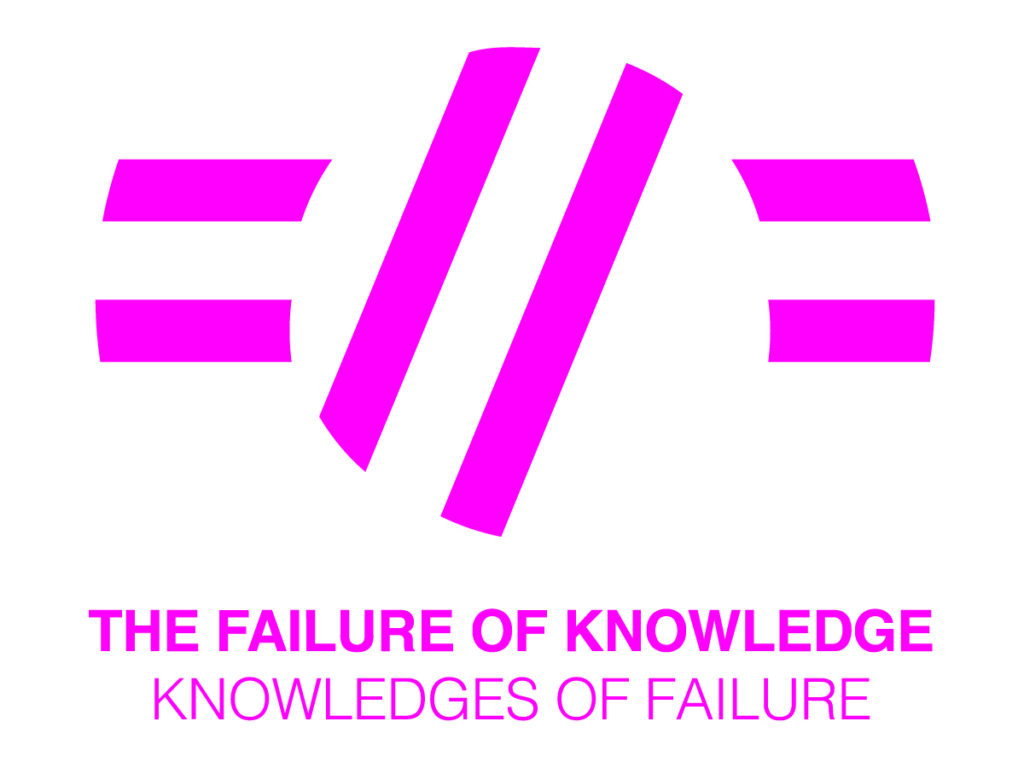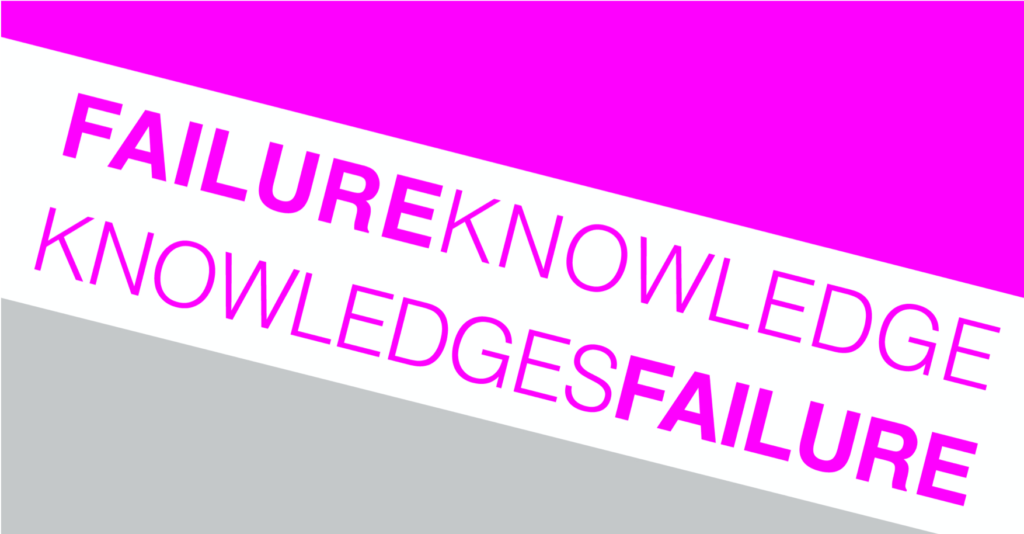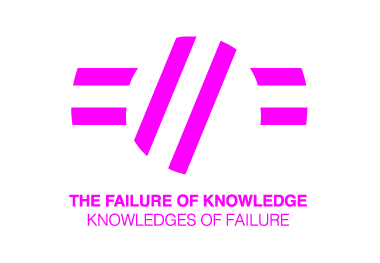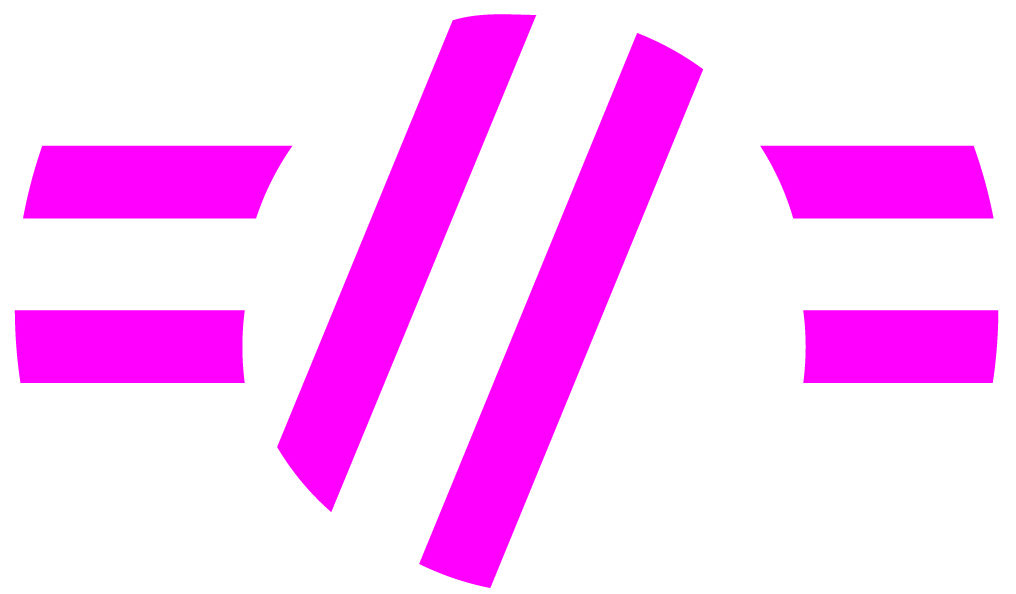2. (Online) Workshop: 10. & 11. Dezember 2020
Queer / New Media: Rethinking Knowledge and its Failures

Aufgrund der aktuellen Pandemie wird auch der zweite Workshop des Netzwerks virtuell stattfinden. Interessierte sind daher herzlich eingeladen per Zoom am Gastvortrag von Prof. Dr. Robert Payne (American University, Paris) teilzunehmen.
- 10. Dezember 2020, 16:00-17:30 Uhr
Prof. Dr. Robert Payne
(American University, Paris):
„The Queer Potential of Infrastructural Failure“
Um Zugang zum Zoom-Meeting zu erhalten, senden Sie bitte eine E-Mail an die Organisatorin Dr. Katrin Horn (Universität Bayreuth).
Beschreibung des Workshops
The network “The Failure of Knowledge – Knowledges of Failure” seeks to examine the nexus of knowledge and failure in U.S. cultural history from a variety of theoretical vantage points and in historical perspective, while putting an emphasis on the current political and cultural moment. It is its aim to explore both the ‘failure of knowledge,’ i.e. the circumstances in which knowledge is ignored, challenged, or not accessible, as well as ‘knowledges of failure,’ that is, the specific knowledge of those considered or self-identifying as ‘failed.’ Each workshop is designed to shed light on a different angle or vantage point from which to consider these conditions and their contingency. This second workshop highlights queer studies – one of the key scholarly contexts in which failure has been recently re-evaluated – and new media – which continues to be discussed in terms of failures, specifically as regards the supposed lack of relevant or trustworthy knowledge they produce.
Both avenues of inquiry thus offer intriguing ways of thinking through knowledge and its failures. Some of the foundational texts of queer studies are built on epistemological concerns, most overtly Eve Kososky Sedgwick’s Epistemology of the Closet. Michel Foucault’s History of Sexuality, too, makes an argument for how knowledge forms subject positions and identities, often by defining them as failed. Additionally, queer studies has produced a wealth of scholarship dedicated to new notions of success, progress, and its opposite: negativity and failure. We may think of here of such texts as Feeling Backward by Heather Love, Lee Edelman’s No Future, and Jack Halberstam’s The Queer Art of Failure. Queer Theory therefore provides a particularly rich context for thinking through various modes of failed knowledge and the knowledge of failure.
New media, in turn, seem to offer simultaneously a utopia and dystopia of knowledge and failure/failed subject positions: a place where subjugated knowledges can thrive, yet also a place where facts ‘go to die.’ Social media in particular emerge as a place of refuge for those who cannot find community or information elsewhere (e.g. the uses of social media by LGBTQ youth), and the place where disinformation is spread with dangerous consequences for societies at large (e.g. extremism and radicalization also as consequences of “digital communities”). New media also have the potential to flatten the hierarchies of access to the production and distribution of information – yet also open new avenues for plagiarism, intellectual theft, and fraud. New media furthermore demand new literacies, new epistemologies potentially, and – as the keynote by Prof. Robert Payne will illuminate – they might also make newly visibly the structures on which the distribution and creation of knowledge depends.
This workshop therefore seeks to theorize knowledge generated in media forms not traditionally considered loci of knowledge production and/or knowledge created by or about queer subject positions via shared text discussions, project presentations, and a public keynote lecture.
Program of the workshop Queer / New Media: Rethinking Knowledge and its Failures
Kurze Einführung zu Prof. Paynes Vortrag:
One of the most critically challenging and illuminating directions in media studies in recent years has been the so-called „material turn“ which has encouraged more precise analysis of the objects, infrastructures, spaces, and labor which form concrete components of all media experiences but which are often obscured by a preoccupation with content. Infrastructures studies, which pays attention to what Lisa Parks has humorously characterized as „the stuff you can kick“, has proved especially valuable in shining light on systems of media distribution that are taken for granted yet contingent and incomplete. Principles and methods of queer theory can bring a particularly rich critical framework to studies of media materialities but have been significantly under-used in favor of studies of representation. This critical shift shows particular potential if we take seriously – and as inherently queer – the material instabilities and failures that haunt media systems and the unexpected emergences that arise from encounters with media which often confound how identifications and relations are articulated to media reception practices. Notably, queer affect studies have richly theorized the experiences of queer bodies that do not fit, are disoriented by or disarticulated from heteronormative protocols of time and space.
In this presentation, I will outline some of my current attempts to apply queer critique to sociotechnical infrastructures and to uncover the queer potential of infrastructural failure. In particular, building on what I have elsewhere called „lossy media“ (Payne 2018), I will explore the possibility of a queer theory of media formats. Formats have been identified in media studies scholarship as normative and taken-for-granted yet contingent protocols that fit a given medium to ensure its smooth operation. But how do we account for formats that do not fit? What emerges from an encounter with a medium for which other format protocols were prescribed or for which standards have moved on? A queer theory of formats might offer a way of accounting for the strange, generative potential of aesthetic and affective experiences of queer format fits.
3. (Online) Workshop: 10. & 11. Juni 2021
Embodied Knowledges & the Failures of Neoliberal Work Culture
Aufgrund der aktuellen Pandemie wird auch der dritte Workshop des Netzwerks virtuell stattfinden.
Interessierte sind daher herzlich eingeladen per Zoom an den zwei folgenden Gastvorträgen teilzunehmen.
- 10. Juni 2021, 18:00-19:30 Uhr
David T. Mitchell & Sharon L. Snyder
(George Washington University):
“What We Talk About When We Talk About Disability” - 11. Juni 2021, 11:00-12:30 Uhr
Mita Banerjee
(Johannes Gutenberg University Mainz):
“Life Writing, Writing Life: From Benjamin Franklin to Mitchell Levitz’ and Jason Kingsley’s Count Us In“
Hier erhalten Sie Zugang zu den Onlinevorträgen. Weitere Informationen können Sie dem Programm entnehmen.

Kurze Einführung:
The workshop “Embodied Knowledge & the Failures of Neoliberal Work Culture” investigates the potential of disability narratives to shed critical attention on the failure of contemporary work cultures to accommodate disabled bodies. In doing so, we explore how representations of ‘unproductive’ bodies uncover not only the fragility and precariousness of neoliberal notions of efficient laboring bodies, but especially how they imagine alternative, more inclusive work environments.
4. Workshop: 10.-12. November 2021
The Failures of Institutional Knowledge
Zum ersten Mal treffen sich die Mitglieder des Netzwerks in Person. Aufgrund der aktuellen Coronarestriktionen werden die öffentlich zugänglichen Keynotes und Panel Discussion als hybride Veranstaltungen stattfinden.
Öffentliche Keynotes und Panel Discussion
Kathleen Fitzpatrick
(Michigan State University)
„Failures of Leadership: Rethinking the University in the United States„November 11, 2021, 2:00-3:30 p.m.
Public Panel Discussion
„Failures of the Neoliberal University„
Akteur*innen:
Katharina Motyl, Regina Schober, Kathleen Fitzpatrick, Aliyyah Abdur-Rahman, Anja Schwarz
Aliyyah Abdur-Rahman
(Brown University)
„On Refuge and Black Refusal„
Zugang zum Live Stream via Webex Events
Bitte klicken Sie auf den Link, um an dem Online-Stream auf Webex Events teilzunehmen (keine vorherige Anmeldung erforderlich).
10. November 2021
Keynote I: Kathleen Fitzpatrick, „Failures of Leadership: Rethinking the University in the United States”
Link: https://fu-berlin.webex.com/fu-berlin-en/j.php?MTID=mad588dbf0bacb28c99c58a7bc93fa9a7
11. November 2021
Public Panel & Keynote II: Aliyyah Abdur-Rahman, „On Refuge and Black Refusal”
Link: https://fu-berlin.webex.com/fu-berlin-en/j.php?MTID=m3af734c4b9eedf1a951caf117db08713
Weitere Informationen können Sie dem Programm entnehmen.

Kurze Einführung:
The fourth thematic workshop of the DFG research network “The Failure of Knowledge – Knowledges of Failure” addresses the dynamics of knowledge production within and among social institutions. With sustained challenges from divergent political actors to the ideal of knowledge as rational, objective, and universal, the university as the prime locus of modern knowledge production faces increased pressure to adapt its scholarly protocols and its public mission to the twenty-first century. Members of the research network along with invited speakers will use this meeting to explore how literary and cultural studies can address the entanglement of knowledge and institutions by way of critique, historicization, theorization, and self-reflection regarding the institutional role of the humanities.
5. Workshop: 21. & 22. April 2022
The Subjugated/Subversive Knowledges of ‘Failed Individuals’ and Questions of Affect vs. Knowledge
Ein Workshop des DFG-Forschungsnetzwerks „The Failure of Knowledge – Knowledges of Failure“ – Veranstaltet vom Institut für Anglistik und Amerikanistik der FAU Erlangen-Nürnberg, organisiert von Marius Henderson (FAU Erlangen-Nürnberg), Molina Klingler (Universität Würzburg) und Marlon Lieber (Christian- Albrechts-Universität Kiel).
Öffentliche Keynotes
Susan J. Matt
(Weber State University)
„Feelings, Failures, and Self-Reliance in U.S. History„
Iyko Day
(Mount Holyoke College)
„Nuclear Antipolitics and the Queer Art of Logistical Failure„
Zugang zum Live Stream
Beide Keynotes sind über Zoom der Öffentlichkeit zugänglich. Bitte kontaktieren Sie Lukas Fender, um den Zugang zum Live Stream zu erhalten.
Weitere Informationen können Sie dem Programm entnehmen.

Online-Podiumsdiskussion: 18. Mai 2022
Wissenschaftsleugnung und ihre digitalen Logiken
Das Thema Wissenschaftsleugnung ist angesichts der Pandemie noch virulenter geworden. Coronaleugner_innen lehnen Erkenntnisse der empirisch arbeitenden Lebens- und Naturwissenschaften ab, und folgen somit derselben Logik, die Klimawandelleugner_innen zu Beginn des 21. Jahrhunderts aufs Tableau brachten. Historisch deutlich länger reichen Verunglimpfungen der Gender Studies als pseudowissenschaftlich zurück. Was haben Corona- und Klimawandelleugnung mit Anti-Genderismus gemein? Und welche Rolle haben digitale Medienumwelten und ‚Diskursformen‘ beim Emporkommen dieser Formen der Wissenschaftsleugnung gespielt? Diesen und weiteren Fragen werden die Referent_innen in Impulsvorträgen und in der darauffolgenden Diskussion untereinander und mit dem Publikum nachgehen.
Hard Facts
18. Mai 2022, 18:00-19:30 Uhr
Referent_innen:
Paula-Irene Villa Braslavsky
(Soziologie/Gender Studies, LMU)
Jörg Radtke
(Politikwissenschaft, Universität Siegen)
Simon Strick
(Amerikanistik/Medienwissenschaft, ZeM Brandenburg)
Moderation: Katharina Motyl (Amerikanistik, Universität Mannheim)
Die Veranstaltungssprache ist deutsch.
Zugang zum Live Stream
Beide Keynotes sind über Zoom der Öffentlichkeit zugänglich. Bitte kontaktieren Sie Lukas Fender, um den Zugang zum Live Stream zu erhalten.
Weitere Informationen können Sie dem Programm entnehmen.

7. Workshop „Digital Failures“: 20. & 21. Oktober 2022
Ein Workshop des DFG-Forschungsnetzwerks „The Failure of Knowledge – Knowledges of Failure“ – Veranstaltet vom Institut für Anglistik und Amerikanistik der Universität Duisburg-Essen.
Keynotes
Kavita Philip
“The Pirate Function”
Rosa Menkman
“A Decade after the Glitch Moment, Some Reflections”
Weitere Informationen können Sie dem Programm entnehmen.

